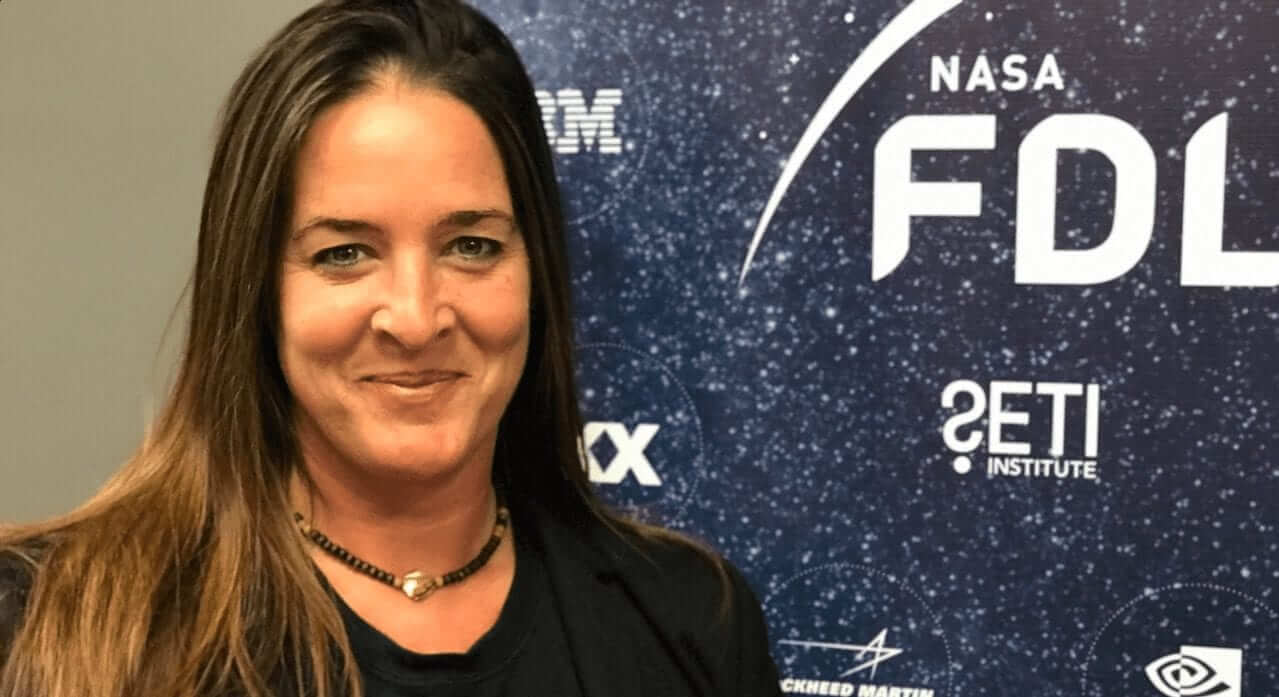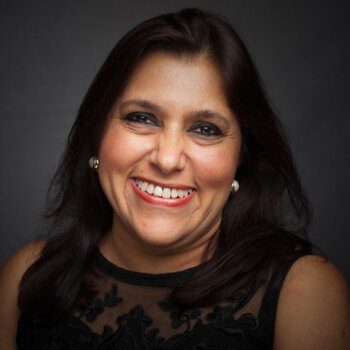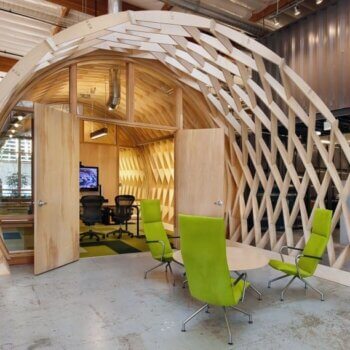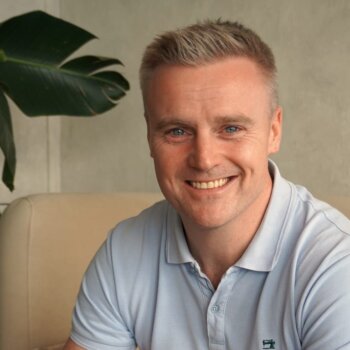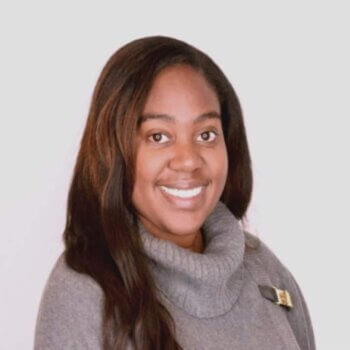(Women on Top in Tech is a series about Women Founders, CEOs, and Leaders in technology. It aims to amplify and bring to the fore diversity in leadership in technology.)
Alison B. Lowndes is in charge of Artificial Intelligence Developer Relations for EMEA at NVIDIA. A mature graduate in Artificial Intelligence combining technical and theoretical computer science with a physics background. As AI DevRel she stays knowledgeable in state of the art across all areas of research and advises, teaches and evangelizes NVIDIA’s platform, around the globe. She is also a Founding Team Member of NASA Frontier Development Lab, an AI R&D accelerator that tackles knowledge gaps useful to the Space program, and a Founder Trustee of AVIF, an entirely online-ran charity with various NGOs in Kenya, Brazilian Amazon, Tibet and (soon-to-be) Greenland assisting sustainable development via online and onsite volunteering.
What makes you do what you do?
My head has been in the stars for as long as I can remember but I didn’t realise my true calling till long after my children were born. I work in AI because we are only just scratching the surface of what it can assist us with. I merge it with Space because we’re also only just scratching the surface. We’re on the verge of becoming a space-faring species and AI will help us on the journey. How truly awesome is that!
How did you rise in the industry you are in?
I went to university as a mature student. I had a place back in 1988 but I was working in the States & simply missed the start of the term. Then I discovered employment & love & family life. I first went back to university to study astrophysics. I then went back to study AI. I didn’t know it at the time but I jumped straight back into industry right at the time the technology exploded into everyday life. I regularly work 10-12 hour days. You’re probably already shaking your heads but I do it because I utterly love this field and can’t get enough of the constant learning coming from the convergence of computer science and neuroscience. There is a staggering amount of new research every day. When I was researching deep learning in university I didn’t have a GPU (graphics processing unit) but my tutor told me about NVIDIA’s hardware grant program. I applied and they sent me one. Simple as. I now sit on the Review Board for the program and regularly send GPUs to researchers around the planet – one of my favourite roles!
Why did you take on this role, especially since this is perhaps a stretch or challenge for you (or viewed as one since you are not the usual leadership demographics)?
I knew I needed to support my children. I joined NVIDIA as their first female and first Deep Learning (AI) Solutions Architect, in the EMEA region. After about 18 months I was given the wider field of AI DevRel (developer relations) and actually combine about 7 different roles, all feeding into each other. I have a forte for connecting people and connecting one idea with another, to effect change. It comes naturally so I find the job easy, though it has constant challenges. I am, however, driven by challenges. I’ve never run from them, I just take them head-on. It’s a strength my Mother instilled in me. As I get older too I acquire more and more wisdom. I’m possibly the only person looking forward to growing old!
Do you have a mentor that you look up to in your industries or did you look for one or how did that work?
I lost my Mother in 2009 but “The Force is Strong With Her”. She is still an inspiration but I also work with such incredible people every day that I’m constantly inspired – with astrobiologists, with computer engineers, with aerospace engineers, with semiconductor designers, with solar plasma scientists … the list goes on. AI is affecting every industry so I’m constantly learning, we all are. My children are also a constant inspiration to me. They are adults themselves now but it’s a continuous reminder that I got at least two things right 🙂
How did you make a match if you did, and how did you end up being mentored by him/her?
I don’t have a mentor, per se, just a whole lot of people I deeply respect. I surround myself with incredible people, easy when you work for NVIDIA. When I joined, in 2015, the first thing I achieved was helping to establish the Frontier Development Lab, a staggering number of fascinating minds all working together to harness AI for the good of humankind. Check out www.frontierdevelopmentlab.org – we’re all Mentors.
Now as a leader how do you spot, develop, keep, grow and support your talent?
I’m not a leader. NVIDIA has no hierarchy, except where absolutely necessary. I have a lot of freedom in NVIDIA to develop my own ideas but I don’t lead anyone, I only advise. I have a breadth of knowledge in my field and lots of connections across many nodes of life but I’ve known, since the beginning, how to utilise the internet so it’s very easy to do that part of my job. I look over the entire AI research community and am well connected with many so can often help our recruitment teams, but don’t work directly with them.
Do you consciously or unconsciously support diversity and why?
Consciously, but I’m an anomaly. I know I’m probably stronger than most so have never struggled with sexual discrimination. I’ve lost jobs because of it. I lost my marriage because of it, but I’ve always simply moved on and always saw an improvement in my life! I’ve never been a victim and never will be. I’ve worked with rural Kenyans for over a decade, I am friends with Maasai, with rural & urban Amazonians, am an active supporter for AI in Africa (Deep Indaba) and have a wide Overview of the Earth from my astrophysics days. I somehow feel the Overview Effect even though I’ve never been into Space. With all that said, I do not support specific events for Women in Tech. I believe we should be able to prove ourselves without any special treatment. I also don’t believe we need any more attention on us than we get already. If girls need a support network then they should have it, but not if it belittles the academic and professional success we may have fought so hard for. The Holberton School in San Francisco has the solution, check out how they handle diversity. At its core it’s simple to solve. Every woman in STEM (science, tech, engineering & mathematics) should bring up their own daughters to be strong and bold, like my Mother did, and ensure their Grandkids are taught the same, and so on, and so on…..
What is your take on what it takes to be a great leader in your industry and as a general rule of thumb?
Honesty & respect. To be a CEO-level leader or a President, you also have to have nerves of steel and need to be able to be aggressive when necessary. Not everyone’s nice. I have my ways of dealing with those kinds of people, but you need to find your own way too. Generally, the higher up you are, the more you’ll have to fight them. I found the perfect space, the perfect level in life.
Advice for others?
If you’re not a coder, learn to be one. You don’t necessarily even need a degree these days to get a highly paid job – you just need to be able to demonstrate a good Github. If you don’t know what that means, Google it. If you don’t know what ‘that’ means you have more work to do. If you can learn to “Google it” then everything else will fall into place since all the knowledge you need is now online.
My advice to anyone is – Don’t EVER think you know enough, just keep learning. Nothing is impossible either, we simply haven’t figured out how to do it yet.
If you’d like to get in touch with Alison B. Lowndes, please feel free to reach out to her on LinkedIn: https://www.linkedin.com/in/alisonlowndes/
To learn more about NVIDIA, please click here.
To learn more about NASA Frontier Development Lab, please click here.
To learn more about what AVIF do, visit: https://www.avif.org.uk/
